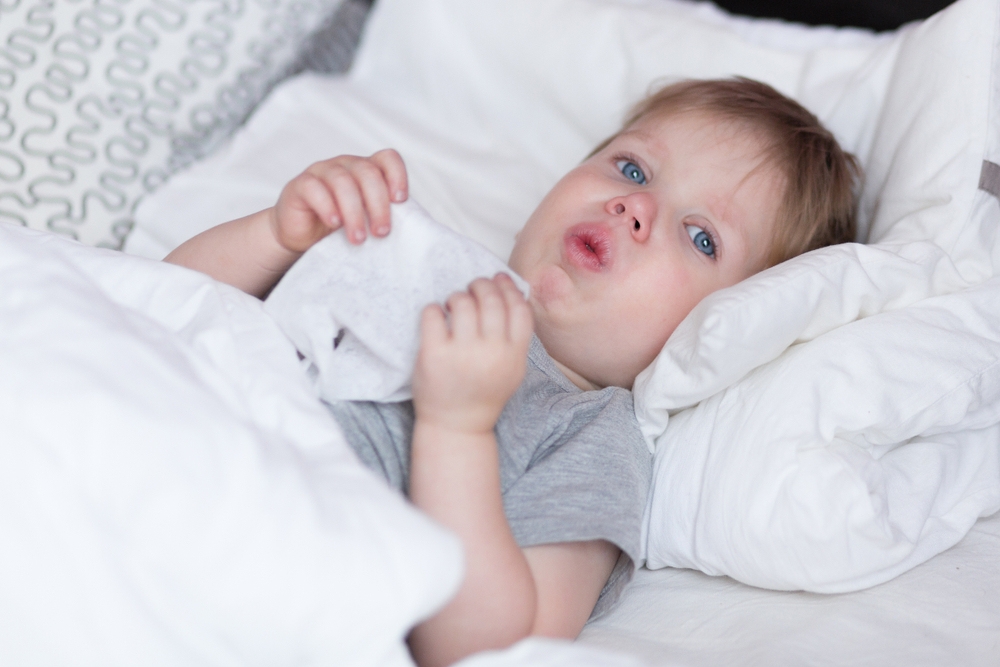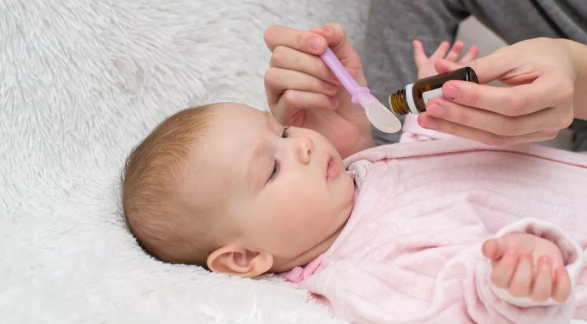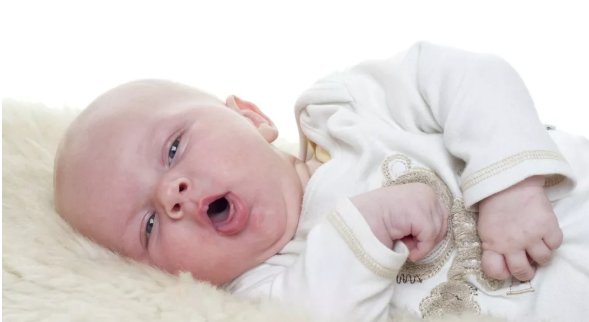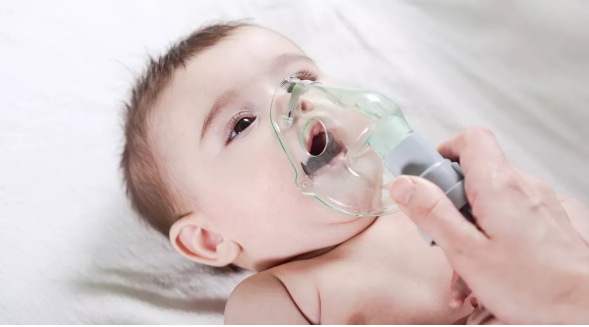
Recently, the weather has gradually turned cooler, and we are asking more and more questions backstage about the baby’s cough:
Children have been coughing recently. Should they take what medicine?
If the child does not take medicine all the time, will he cough up pneumonia?
How to pat the back, can help the baby quickly pat phlegm out?
Looking at everyone’s comments, the old editor realized a very serious problem: many parents have misunderstandings, large and small, about the baby’s cough.
Today, we will take stock of the eight common misunderstandings in baby cough care to answer everyone’s doubts.
Let’s look at these [unscientific parenting]. Have you been shot?
Myth 1: If the child coughs, he must be ill.
Not necessarily.
When the baby’s respiratory tract is attacked by [foreign objects], it will feel uncomfortable, so the body starts a defense mechanism-cough to resist these [foreign objects] and expel them out of the body.
Cough is a body’s defense mechanism, not a disease.
These [foreign objects] that cause cough may be bacteria, viruses, or various other causes:
Sucking cough caused by eating or inhaling by mistake
Unnoticed allergen stimulation
Sudden changes in air temperature and humidity
Smoke stimulation such as secondhand smoke and third-hand smoke
… …
When a child coughs, parents should check according to the cough time and scene to find out the cause of the child’s cough, instead of roughly thinking that the child is ill.
It is more important to find out the cause of the baby’s cough than to only care about the cough.

Mistake 2 Children Cough All the Time, They Cough Pneumonia
No, it’s a conceptual confusion.
Many people have heard of [children coughing, they are afraid of coughing up pneumonia! ], this is naked misleading! Reversed the relationship between the two!
Pneumonia is inflammation caused by bacteria, viruses or other pathogens invading the lower respiratory tract.
When the baby’s respiratory tract is invaded and feels extremely uncomfortable, in order to expel these pathogens, defense will be activated: cough.
Simply put, pneumonia may be a cause of cough in children, but cough will never lead to pneumonia.
Myth 3: Avoid eating when coughing and cannot eat sweets.
No.
Not eating sweets is an old view that sweets will aggravate sputum secretion.
In fact, as long as it does not cause allergic reactions and does not annoy the baby, you can eat all the food you want and will not aggravate your cough because of eating certain food.
Even in sweets, honey has certain antitussive effect.
Both the World Health Organization and the American Academy of Pediatrics suggest that honey can be used to relieve cough for children over 1 year old with upper respiratory tract infection.
Honey can reduce the frequency of irritant cough, reduce the degree of cough, and also help the baby to sleep peacefully at night.
But parents must pay attention: children under 1 year old cannot eat honey!

Mistake Four Beats Back Can Help Babies Cough and Extract Phlegm
Not very useful.
Mothers often say that their children not only cough, but also have a mouthful of phlegm stuck in their throat, which they cannot cough up and are afraid that their children will swallow it.
Simply pat her back when she coughs and help her get sputum out.
But in fact, in most cases, the only function of patting the baby on the back can only be to express love.
There are also many parents who worry that if the sputum is not photographed, the child will swallow it carelessly, which is tantamount to swallowing the virus.
In fact, this is also a big misunderstanding.
Sputum does contain some pathogenic microorganisms, but after swallowing it into the stomach, gastric acid immediately kills these microorganisms.
Swallowing phlegm is at best-a little disgusting.
Myth 5: Taking Antibiotics Can Make Cough Better Faster,
It may not be useful, but it may also be harmful.
Antibiotics are antibacterial drugs.
The vast majority of colds that cause babies to cough are viral colds, and taking antibiotics is useless at all.
If antibiotics are abused daily, the baby will develop drug resistance. Once antibiotics are really needed later, there may be [no medicine to cure]!
Whether to use antibiotics or not, one must seek medical treatment and follow the doctor’s advice.

Myth 6: You can give your baby cough medicine and phlegm-resolving medicine.
No!
The American Academy of Pediatrics recommends that cough medicine should not be given to children under 2 years old.
In most cases, there is no need to take cough medicine!
Cough caused by common cold can heal itself without taking medicine.
Cough caused by allergy, rhinitis, pharyngitis, etc. should be treated first (e.g. Rhinitis treatment, allergen avoidance), so as to relieve and cure cough.
Because of choking cough caused by food or smoke, taking cough medicine is even more nonsense.
Let’s take a look at phlegm-reducing drugs. Phlegm-reducing drugs do not [melt] sputum, but [dilute], and the volume of diluted sputum will increase.
If you also take cough medicine to inhibit cough when taking phlegm-resolving drugs, it may lead to sputum not being discharged and increase the risk of baby suffocation.
Therefore, for the safety of the baby, we do not recommend taking cough medicine and expectorant medicine at the same time or at intervals.
Myth 7 Atomization [Toxic] Is More Harmful than Infusion
Rumors!
Atomization is a very safe way of administration. It has a good effect on cough caused by respiratory diseases such as bronchial asthma.
At present, the most common atomizing drugs used for children are [inhaled glucocorticoid] and [bronchodilator].
Compared with taking medicine and injecting, atomized medicine reaches respiratory tract and lungs after being directly inhaled, which not only has less side effects, but also can relieve the pain of children.
Of course, one thing we should pay attention to is that atomization has no what effect on cough and sputum caused by cold.

Myth 8 Cough is very common, don’t worry about fever
Too one-sided.
It is not recommended to use drugs to relieve cough, which does not mean that Eva will cough casually.
The baby coughed because his body lit up [the alarm].
There are some causes of cough that will not cause fever and other symptoms, such as cough variant asthma and cough caused by severe gastroesophageal reflux.
This kind of cough is intermittent and will affect the child’s daily state. Leaving it alone will make the child sleep poorly, eat poorly and affect his health.
Mom and Dad must learn to judge priorities, seek medical treatment in time to find out the reasons, and choose reasonable coping and nursing methods!
